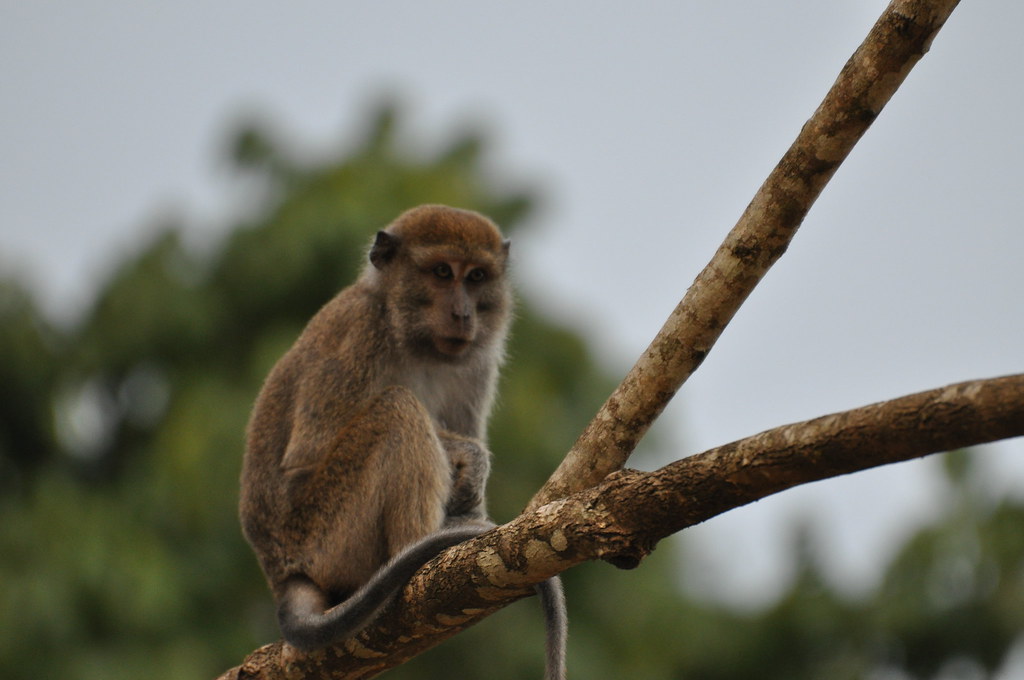In Bainbridge, Georgia, the tranquility of rural life is being challenged by a contentious plan to establish a large monkey breeding facility. The $396 million project, proposed by Safer Human Medicine, aims to house up to 30,000 monkeys, a number that dwarfs the city’s human population.
The facility’s proximity to residential areas has heightened anxieties about potential negative impacts, including environmental hazards and the risk of disease transmission.
Safer Human Medicine defends the project as crucial for medical research, citing the pivotal role of long-tailed macaques in developing treatments for diseases like Parkinson’s and COVID-19. However, the company’s plan has met with stiff opposition from locals and animal rights activists. They argue that the facility could lead to issues such as odor, noise pollution, and animal mistreatment. Moreover, concerns about the possible escape of monkeys during extreme weather events have added to the community’s apprehension.
The proposed complex, portrayed by the company as a fusion of high security and animal welfare, promises job creation and economic benefits. With starting wages of $18 to $22 an hour and full benefits, the facility is set to offer one of the highest base pays in the county. Safer Human Medicine also plans to engage with the local community through various initiatives, including educational partnerships.
Despite these assurances and the potential economic upside, many Bainbridge residents remain skeptical. The secretive nature of the deal’s negotiation, which was not disclosed to the public until its finalization, has fueled mistrust. Community members lament the lack of public consultation in the decision-making process.
The backdrop to this local saga is a national shortage of research monkeys, exacerbated by China’s 2020 ban on monkey exports to the U.S. This shortage is seen as a crisis in the biomedical research community, with experts like Dr. JoAnne Flynn of the University of Pittsburgh highlighting the dire need for these animals in critical medical research.
As Bainbridge residents continue their fight against the project, recent developments have offered them a glimmer of hope. Due to procedural oversights, tax breaks granted to Safer Human Medicine were voided, although this does not completely halt the project. This small victory has galvanized the community, showing the power of local activism in influencing major developments that directly impact their lives and environment.












